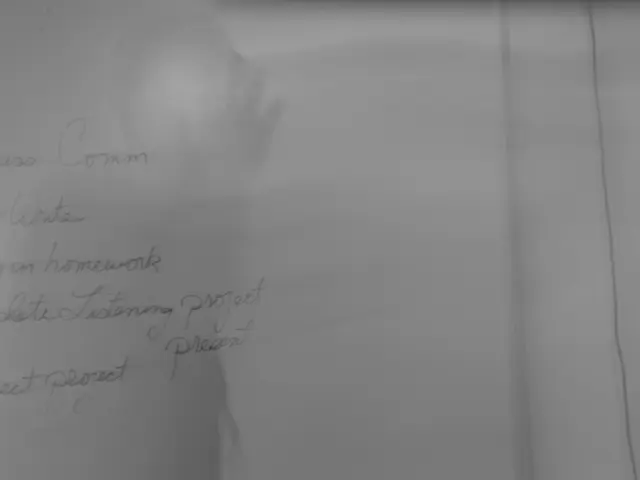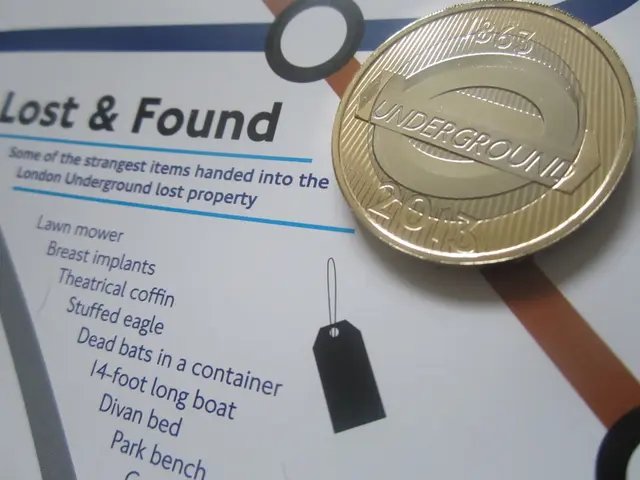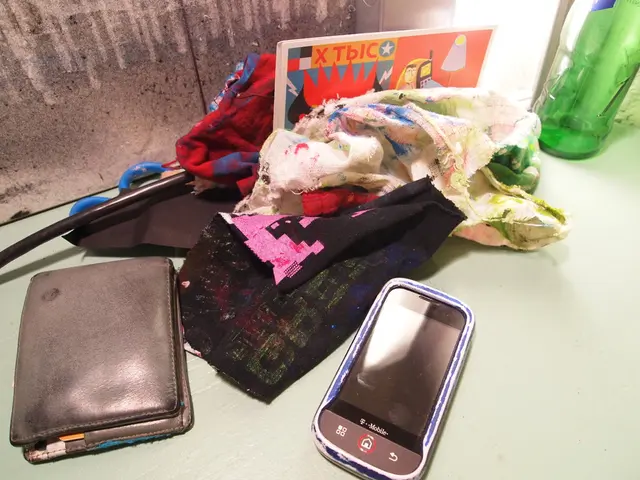"Faux Bucks": Tax Sleuths Retrieve Over 240 Million Euros from Auto Smugglers
Mishap With Rabbit: Unintended Incident Involving a Rabbit Occurs - "Quarter-billion dollars retrieved by tax officials": paraphrased from the original title "False hare".
Hey there! read on to find out about the jaw-dropping tax recovery made by investigators from car smugglers operating internationally. The scoop came after the eye-opening operation "Huracán" against VAT fraud two years ago. The North Rhine-Westphalian tax gurus dug deeper following the incident and stumbled upon more crooks in the criminal VAT carousel racket, according to the NRW Finance Ministry in Düsseldorf.
The exposed documentation led to the discovery of additional intermediaries allegedly connected to the scam. The estimated earnings now stand at approximately 300 million euros and could grow further, benefiting various EU countries. The Rheinische Post previously reported on this.
The primary roots of the probe were a tangled web of shell companies used for years to sidestep VAT in the auto market. The initial bust in Düsseldorf resulted in lengthy prison sentences, and the case files filled over 100,000 pages.
How the Swindle Worked
The hustle went something like this: A "buffer company" based in North Rhine-Westphalia bought domestic vehicles and declared the paid VAT as input tax. It then peddled the cars to the EU, where the shady traders quickly sold the vehicles (and the unpaid VAT) before disappearing.
As Stephanie Thien, head of the new state office for combating financial crime, elucidated, "The fraud rings shuffled money and goods between real but unregistered companies in Germany and registered but non-existent ones in several other countries." The tenacious investigators have now successfully uncovered further suspects and connections within the EU.
North Rhine-Westphalia's Finance Minister, Marcus Optendrenk (CDU), acknowledged the relentless work of the tax sleuths and announced, "The masterminds have devised a cunning tax fraud carousel with their web of shell companies, spinning it across several EU borders."
Operation "Huracán"
Operation "Huracán," named after a swanky sports car, illuminated organized international VAT fraud in June 2023. This sprawling raid in seven nations resulted in the seizure of luxury cars and real estate. Over 2,000 officers attended, and the trade involved more than 10,000 cars.
The inquiry began in January 2021, with an Italian tax body passing on missing information to the German Federal Central Tax Office about the purchase and possible resale of cars imported from Germany to Italy.
- Over 240 million euros
- Cars
- Düsseldorf
- EU
- Germany
- Shell companies
Insights on Tax Fraud Involving Shell Companies and Smuggling
Tax evasion systems involving shell companies and smuggling are often camouflaged by complex networks and shady transactions. Here's a quick summary:
- Shell Companies: Companies that exist only on paper, with no actual business activity, are employed to purchase goods and falsify transactions.
- Smuggling: Goods, including vehicles, are secretly transported across borders to evade taxes or customs duties.
- False Documentation: Invoices, receipts, and other documents are forged to cover up the illegal activities.
- Money Laundering: Proceeds from these activities are laundered through various financial channels.
- International Involvement: Evasion schemes exploit loopholes and differences in tax laws between countries in the EU to their advantage.
- Investigation and Prevention: Authorities in EU countries collaborate to detect such fraud and employ advanced technology to track transactions and identify suspicious activities.
The tax investigation in Düsseldorf uncovered over 240 million euros from a VAT fraud scheme involving car smuggling, benefiting several EU countries. This organizational tax evasion utilized shell companies and involved cars being secretly transported across borders. The complex network of false documentation and hidden financial transactions aim to evade taxes and customs duties, ultimately leading to money laundering. With international involvement, these illicit activities exploit loopholes in tax laws between EU countries. Authorities across the EU collaborate to detect such fraud and utilize advanced technology to track transactions and identify suspicious activities.








